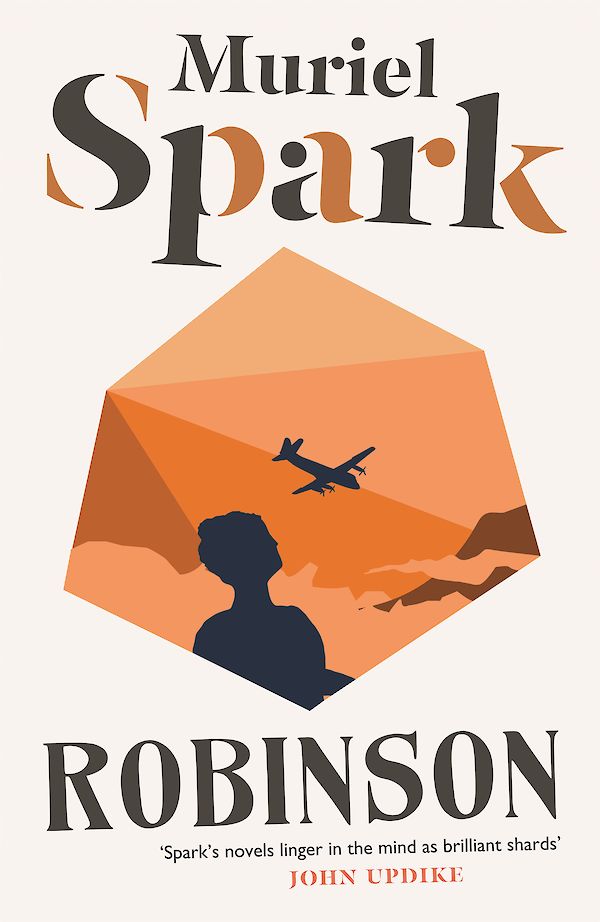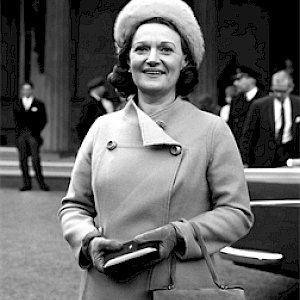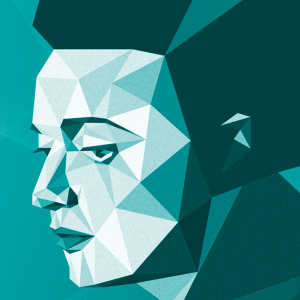Robinson
Muriel Spark
Muriel Spark’s extraordinary tale of human manipulation is Spark at her razor-sharp and satirical best
Robinson displays the best of Sparkian satire, placing her at the heart of a great literary tradition alongside Waugh and Trollope, Wilde and Wodehouse. It demands rediscovery.
When a plane crashes on a remote island, the three survivors find themselves the unwanted guests of the island’s mysterious sole inhabitant, Robinson. In the blazing heat at the foot of a volcano, tensions come to a climax and events take an ominous turn when one of the party disappears. As one of the survivors begins to write a journal, reality increasingly blurs with fiction …
Robinson is Spark’s dark and sizzling tale of human manipulation.
“My admiration for Spark’s contribution to world literature knows no bounds. She was peerless, sparkling, inventive and intelligent - the crème de la crème”
Ian Rankin
See more reviews
“Muriel Spark’s novels linger in the mind as brilliant shards, decisive as a smashed glass is decisive”
John Updike
new Yorker
“The care with which she uses words is matched by a gloriously carefree attitude. It’s all part of her sanity, her breezy authorial self-confidence; and because of this I think that reading a blast of her prose every morning is a far more restorative way to start a day than a shot of espresso”
daily Telegraph
“A wholly original presence in modern literature”
Andrew Motion
“A profoundly serious comic writer whose wit advances, never undermines or diminishes, her ideas”
new York Times Book Review
Muriel Spark
Muriel Spark, DBE, C.Litt., was born in Edinburgh in 1918 and educated in Scotland. A poet and novelist, she is most well known for The Prime of Miss Jean Brodie. She also wrote children’s books, radio plays, the comedy Doctors of Philosophy and biographies of nineteenth-century literary figures, including Mary Shelley and Emily Brontë. Muriel Spark has garnered international praise and many awards, including the David Cohen Prize for Literature, the Ingersoll T.S. Eliot Award, the James Tait Black Memorial Prize, the Boccaccio Prize for European Literature, the Gold Pen Award, the first Enlightenment Award and the Italia Prize for dramatic radio. She died in 2006.


